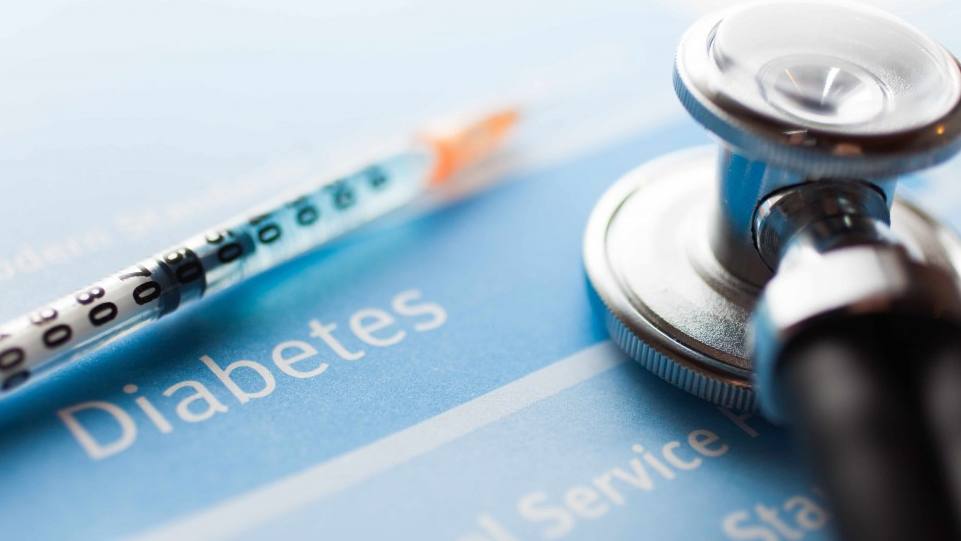
November is National Diabetes Month, which makes this a good time to learn about the particular challenges of diabetes and menopause.
More than 34 million people in the U.S. have diabetes, and more than 88 million adults in the U.S. — over one-third — have prediabetes, according to the Centers for Disease Control and Prevention.
Diabetes mellitus refers to a group of diseases that affect how your body uses blood sugar. The underlying cause of diabetes varies by type. But no matter what type of diabetes you have, it can lead to excess sugar in your blood. Too much sugar in your blood can lead to serious health problems.
The two types of chronic diabetes conditions are Type 1 diabetes and Type 2 diabetes. Type 1 diabetes can develop at any age, although it often appears during childhood or adolescence. Type 2 diabetes, which is more common, also can develop at any age, although it's more common in people over 40. Prediabetes means you have a higher-than-normal blood sugar level, but it's not yet high enough to be considered Type 2 diabetes.
Menopause and the years before it, or perimenopause, may add some challenges for women who have diabetes.
The hormones estrogen and progesterone affect how your cells respond to insulin. After menopause, changes in your hormone levels can trigger fluctuations in your blood sugar level. You may notice that your blood sugar level changes more than before, and it goes up and down. If your blood sugar gets out of control, you have a higher risk of diabetes complications.
You might gain weight during the menopausal transition and after menopause. The weight gain may require you to adjust your diabetes medication.
Even before menopause, high blood sugar levels can contribute to urinary tract and vaginal infections. After menopause, the risk is higher because a drop in estrogen makes it easier for bacteria and yeast to thrive in the urinary tract and vagina.
After menopause, hot flashes and night sweats can keep you up at night. In turn, the sleep deprivation can make it tougher to manage your blood sugar level.
Diabetes can damage the nerves of the cells that line the vagina. This can interfere with arousal and orgasm. Vaginal dryness, a common symptom of menopause, may worsen the issue by causing pain during sex.
Connect with other women talking about menopause and diabetes in the Women's Health support group on Mayo Clinic Connect, an online patient community moderated by Mayo Clinic.







